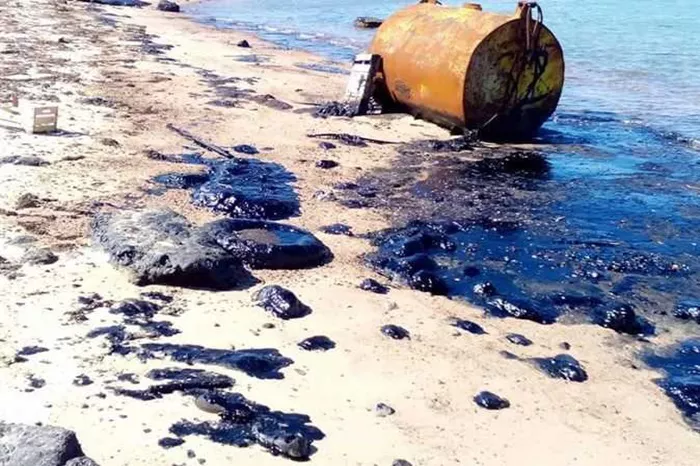The World Trade Organization (WTO) has issued a warning regarding a possible increase in fuel prices if the ongoing conflict in the Middle East continues to escalate.
WTO Director-General Ngozi Okonjo-Iweala stated that nations heavily reliant on fuel imports may face significant hikes in energy costs. Kenya, known for its dependency on oil imports from producing countries, is particularly vulnerable to these fluctuations.
Okonjo-Iweala emphasized that the WTO is closely monitoring the situation, including its potential global repercussions.
“We are expecting a gradual recovery in global trade for 2024, but we remain vigilant of potential setbacks, particularly the escalation of regional conflicts like those in the Middle East,” she remarked. “The impact could be most severe for the countries directly involved, but they may also indirectly affect global energy costs and shipping routes. Beyond the economic implications, we are deeply concerned about the humanitarian consequences for those affected by these conflicts.”
The tensions in the Middle East have intensified in recent days following missile attacks in Israel and anticipated retaliatory actions. Should the conflict worsen, Kenyans could experience increased fuel prices after a period of stabilisation.
Currently, fuel prices in Kenya are as follows: Super Petrol retails at Ksh188.84, Diesel at Ksh171.60, and Kerosene at Ksh158.32 per litre. A surge in fuel costs could lead to a higher cost of living, as increased transportation expenses for traders would likely pass through to consumers.
Related topic:
Can You Use No. 2 Fuel Oil In A Diesel Engine?

